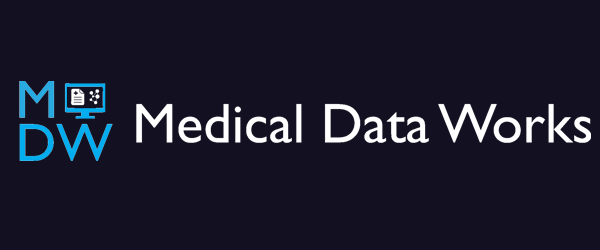Patients
In Western Europe, 1 in 7 women will be diagnosed with breast cancer during their lifetime. Treatments like radiotherapy can help, but they may also cause side effects, such as swelling in the arm (called lymphedema) or changes in the breast.
Some women are more at risk of these side effects than others. If we could know who is more likely to be affected, we could take steps to prevent or reduce these problems.
That’s why the Pre-Act project is developing a smart AI tool. This tool aims to predict side effects before they happen, especially the long-term swelling, discomfort, and heaviness in the arm.The tool is designed to help doctors and patients make better decisions together, based on each person’s unique situation. This is called “shared decision-making.”
But before the tool can be used in care, we need to find out if it works well. Is it: accurate, helpful and easy to use for both patients and doctors?
Interested in participating in this study? Find out more on the website and discuss this with your doctor.
PRE-ACT plans to use Artificial Intelligence* to predict the risk of side effects, such as arm lymphedema, from radiotherapy, specifically for breast cancer patients. An app will be developed that helps both doctors and patients to make informed decisions about possible treatment. Important is the upcoming so-called 'clinical trial' in which patients can participate. Read more about it on this page.
* Artificial intelligence (AI) is an umbrella term for computer programmes that do things we thought only humans could do. AI systems demonstrate smart behaviour by looking beyond problems or tasks and taking independent action to achieve a goal. It is not just about fast calculations, but mainly about the ability to learn and make decisions. This learning ability is typical of artificial intelligence. AI uses rules created by humans or that the programme itself creates using data. AI trains itself with numerous data sources to get better and better.


Horizon Europe/Grants
This work is conducted as part of of the Horizon Europe project PRE-ACT (Prediction of Radiotherapy side effects using explainable AI for patient communication and treatment modification). Ιt is supported by the European Commission through the Horizon Europe Program (Grant Agreement number 101057746), by the Swiss State Secretariat for Education, Research and Innovation (SERI) under contract number 22 00058, and by the UK government (Innovate UK application number 10061955)










